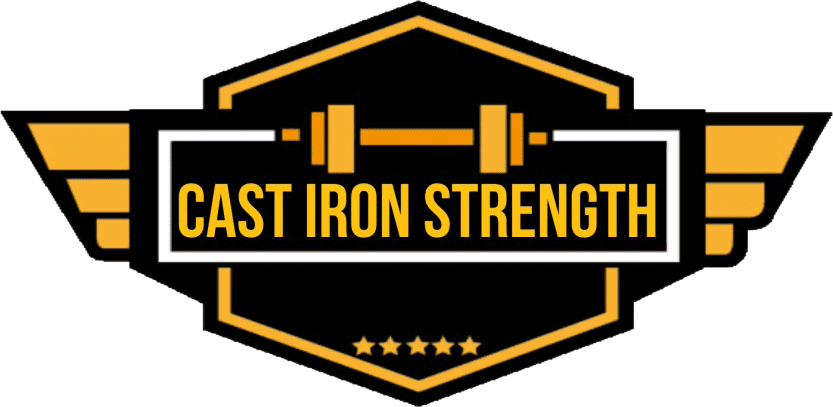This is a question I have fielded on more than one equation and a question that interests quite a few people. Some people are so interested in this question that they inject themselves with hormones and prance about in front of other interested people in a g string and fake tan. Its got to be the second most common fitness goal after losing weight or body fat. It really is a simple three step process to get bigger you must be
- In a calorie surplus
- Be lifting weights using progressive volume or intensity.
- Eating sufficient protein and getting enough sleep to recover.
Once you are doing these three things you will start to gain muscle mass how successfully you gain your muscle mass depends on how well you apply the above three criteria there really isn’t much more to it. As they say however the devil is in the detail so lets have a look at the detail. Since we spend 90% of our time on this blog rattling on about point 2 in some form or another and since it really isn’t nutrition we will leave it out and hit points 1 and 3.
Being in a calorie surplus the Play by play.
You can’t expect to gain weight or size if you don’t know what your eat or what you weigh.
If you want to be the swolest motherfucker on the planet it’s okay to get a bit soft when your gaining size.
If your natural any weight gain over 500g-750g per week is far too aggressive and will result in more fat gain than is desirable.
The content of your calories is up to you and maybe best looked at in light of the next part of the article.
What weight are you and how many calories did you eat yesterday? If you don’t know the answer to these two questions you have a bit of learning to do before we can even begin. Everyday you should do two things if you are looking to alter your body through diet and exercise.
- Track your bodyweight first thing in the morning on the same pair of scales and record it. Everyday. *why in the morning? Because it is the only real stable measure of your bodyweight that isn’t open to fluxuations in things like hydration or food consumption.
- Track your calories using something like myfitnesspal everyday for at least 1-2 weeks so you have an idea what you are actually consuming and what that looks like in terms of calories and macro nutrients.
Once you can do the above everything else becomes much easier. If you want to get bigger start off with a modest calorie surplus of 500 kcal a week.
This is enough of a surplus (15-20%) above ordinary intake that it should have a noticeable effect on your bodyweight over a 4 week period. Use your bodyweight tracking to see how it is effecting your weight.
The rate of weight gain is far from an exact science at this stage although people are looking at it scientifically no real valid consensus exists. Rest assured 2kg of weight gain a month will not all be muscle mass. .5kg ot 1kg of weight gain a month is a reasonable pace monitor yourself in the mirror to make sure your not putting on excessive bodyfat since it will have to come off a some stage.
How you make up your calories isn’t make or break but is where you can have a “healthy” diet or a horrible diet. Rest assured however if you’re not reaching a calorie surplus you’re not going to gain weight.
[calc id=3298]
Eating sufficient protein and getting enough sleep to recover. The play by play
You have to eat protein to optimally gain muscle the amount of which is often much less than you might be told.
Eating your protein in servings of 25-35g spread throughout the day might be optimal for protein synthesis.
Getting 8 to 10 hours of sleep a night is just as important if not more important than getting in sufficient protein.
- The amount of protein you need is best described as between 1.4 to 2.2g per KG of body weight on a daily basis. So for a 80 kg guy 112 to 176 g of protein a day is more than enough to ensure you have enough protein to build muscle and recover. 25 to 30% of your calorie intake is normally sufficient.
- The gross amount of protein you have in a day as long as it is sufficient doesn’t seem to have much effect on growth (i.e. eating a massive amount of protein to get bigger). However when you have your protein and how you space it out seems to have an influence on your protein synthesis. Eating your protein every spread out throughout the day and post workout seems to be the best strategies to increase net protein synthesis.
- Muscle and tissue repair (aka growth) happen primarily when the body is at rest or during sleep. People who engage in hard physical training normally require more rest than those who do not so 6-8 hours isn’t normally sufficient for athletes or those who do strenuous exercise to recover. Some IRFU data would suggest that you might take as much as 9 to 10 hours of sleep for you to fully recover from hard exercise.
- Under eating either macronutrient fat or carbohydrate can compromise your energy levels in the gym and day to day and is generally a non precise way of limiting calorie intake. I would normally advocate a split of 25 to 30% protein / 30% fat (10% saturated, 10% monosaturated, 10% polyunsaturated) / 35 to 40% carbohydrate. These are general figures and not to be stuck to 100%. If you hit the calorie targets and get a good mix of macronutrients your diet will help you to gain muscle mass.
What’s that advice look like for a normal person?
80 kg bodyweight – goal is to get bigger.
- Lifting total body programme 3-4x per week.
- 2950 Kcal Maintenance
- Eating 3450 Kcal (500 kcal above maintenance)
- 215 g Protein
- 115 g Fat
- 390 g carbs
5 to 6 feedings a day.
Breakfast
Snack
Lunch
Post Workout (probably supplements)
Dinner
Pre bed snack (probably supplements)
Carried out for 4 weeks and using weights lifted in the gym, the mirror and his daily body weight monitor to see his progress.
Marc





